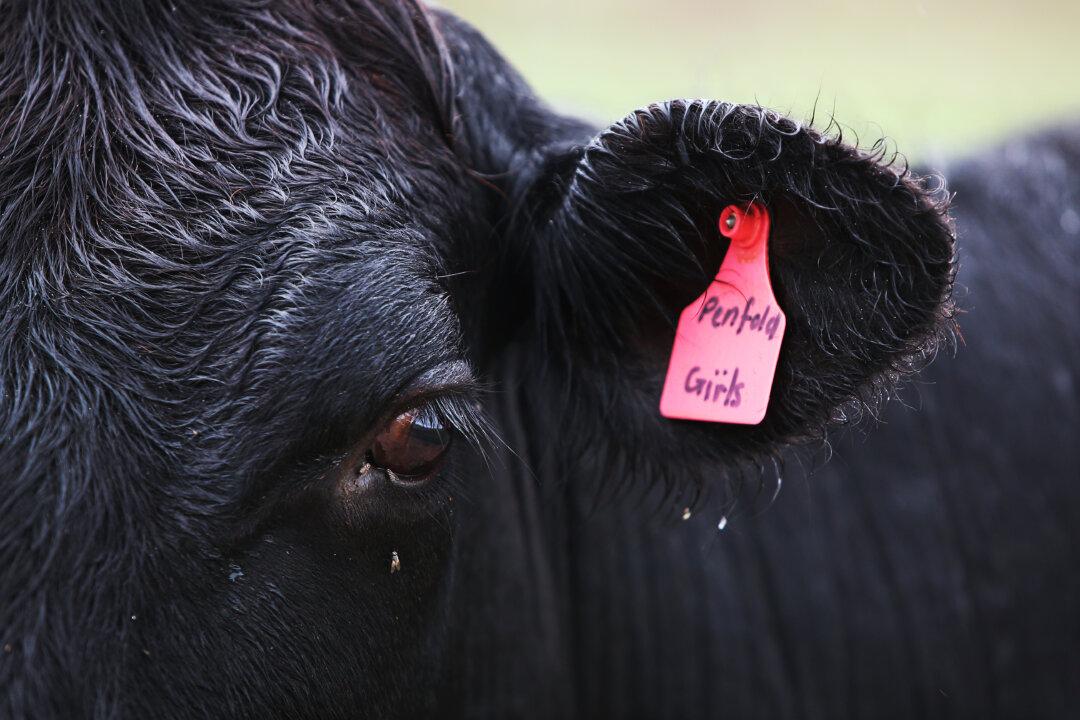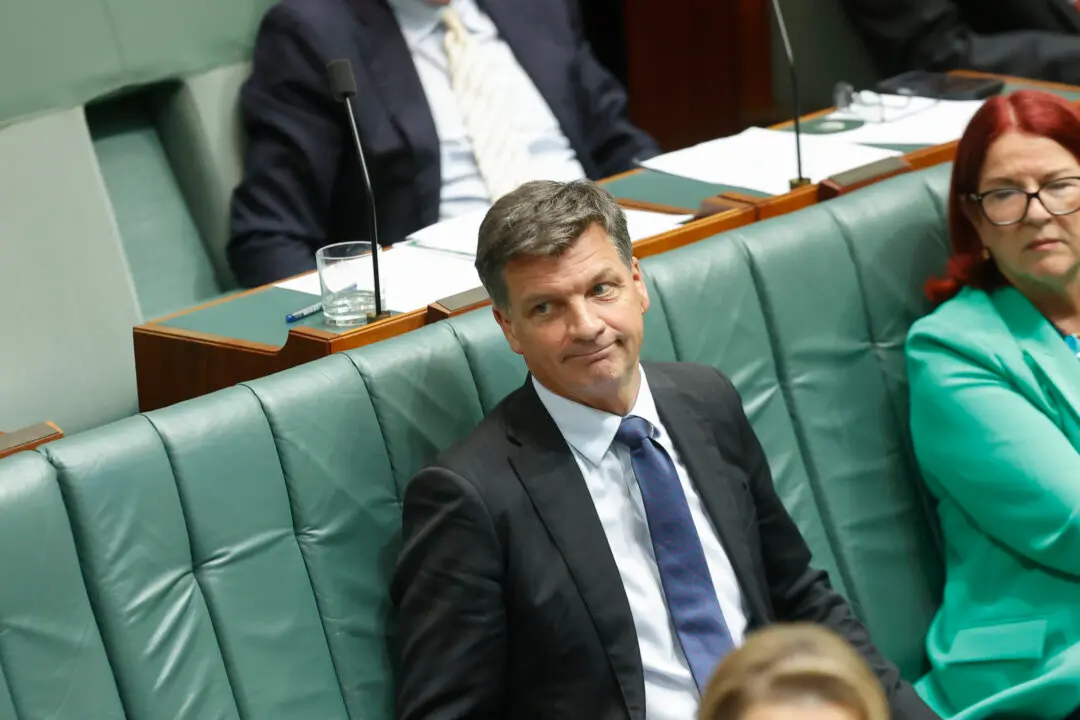BRISBANE, Australia—Peter Hall, the head of Queensland’s cattle industry, has warned that new EU deforestation provisions could set a dangerous precedent for global trade.
According to the government website, the European Union Deforestation Regulation (EUDR) requires exporters to prove their products are deforestation-free.






